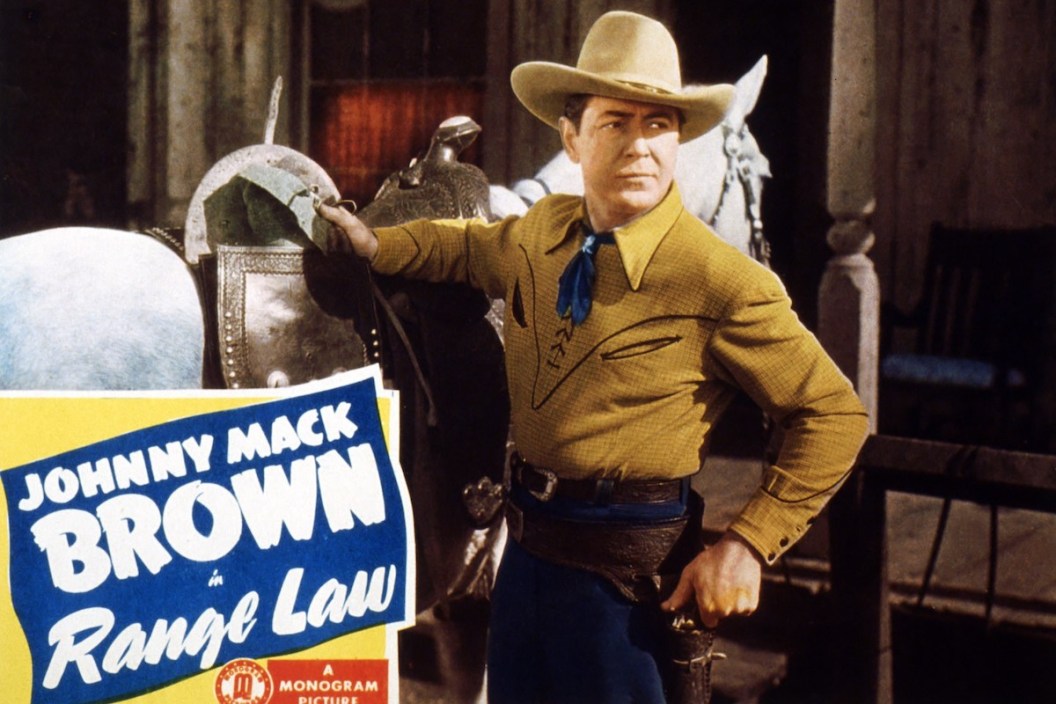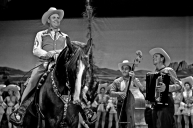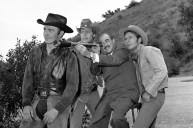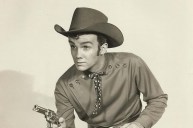Johnny Mack Brown, one of the University of Alabama's first marquee football players, went on to become a matinee idol during the golden age of western films.
Brown, born on Sept. 1, 1904 in Dothan, Ala., played halfback for the Alabama Crimson Tide in the 1926 Rose Bowl. His two touchdowns were the difference in a 20-19 win over the heavily favored Washington Huskies that clinched Alabama's first national championship.
Billed "the Dothan antelope" in honor of his home town, Brown put together a run as a college football player worthy of inductions into the Alabama Sports Hall of Fame and the College Football Hall of Fame.
An appearance on Wheaties cereal boxes caught the attention of the film industry. Soon after, Brown's motion picture career began in the '20's with the comedies Slide, Kelly, Slide!, Mockery, After Midnight and other silent films. Notable early-career co-stars include Greta Garbo (A Woman of Affairs (1928)), Mary Pickford (Coquette (1929)), Joan Crawford (Montana Moon (1930), Our Dancing Daughters (1928)), Richard Barthelmess (The Last Flight (1931) and Clark Gable (The Secret Six (1931)).
Brown's good looks and charm made him an ideal big-screen cowboy, beginning with 1930's Billy the Kid, featuring future star Wallace Beery as Pat Garrett.
Later in the 1930's, Brown transitioned into a role as a b-movie cowboy star. His nascent acting chops as a western film hero can be seen in four memorable serials for Universal Pictures: Rustlers of Red Dog, Wild West Days, Flaming Frontiers and The Oregon Trail.
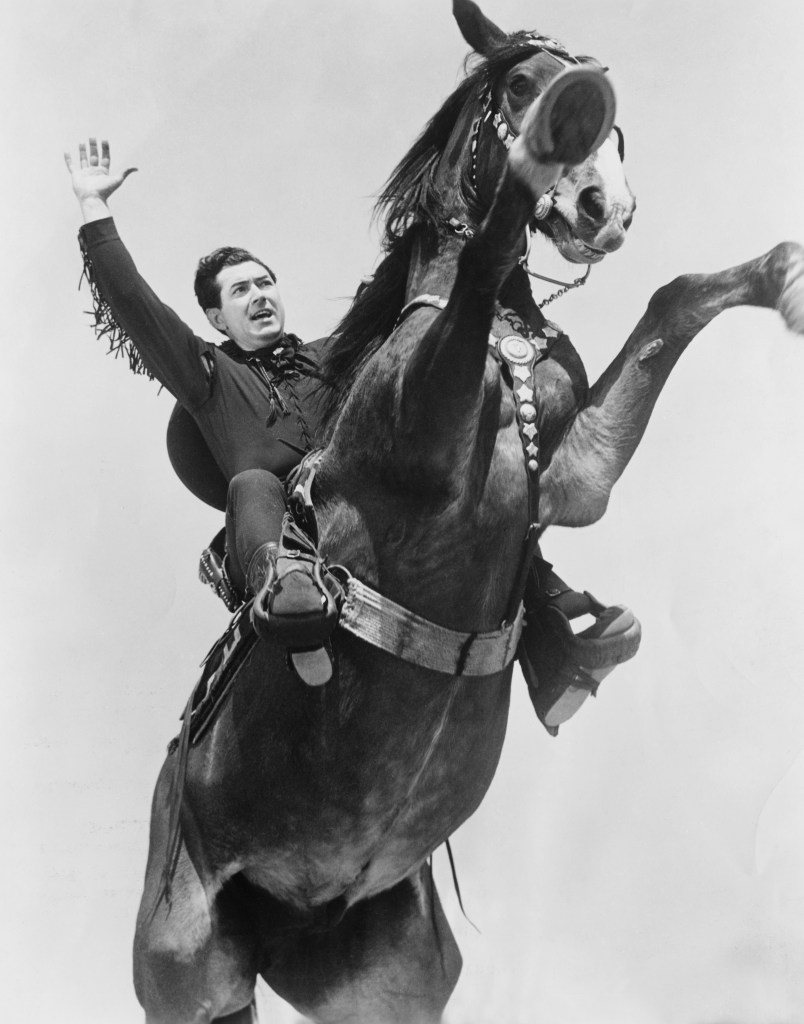
John Springer Collection/CORBIS/Corbis via Getty Images
Brown replaced the late Buck Jones as Monogram Pictures' leading man in 1943. Over the next 10 years, Brown starred in over 60 westerns. During that span, Brown appeared on screen with several singing cowboys with roles in the advancement of country music, from the obscure Smith Ballew (Drifting Along and Arizona Skies (both from 1946)) to the legendary Tex Ritter (The Lone Star Trail (1943)).
Brown's career waned in the early '50's, with his limited work in the coming years being on television shows (Official Detective (1957), Perry Mason (1958) and Tales of Wells Fargo (1958)) and a trio of Western movies in the '60's.
For his lengthy film career, Brown earned a spot on the Hollywood Walk of Fame in 1960 and posthumously received a Golden Boot Award in 2004 for his contributions to Western films.
Brown, age 70, passed away from heart failure on Nov. 14, 1974 in Woodland Hills, California. He was survived by his wife Connie and their four children.
This story originally ran on March 25, 2020.
